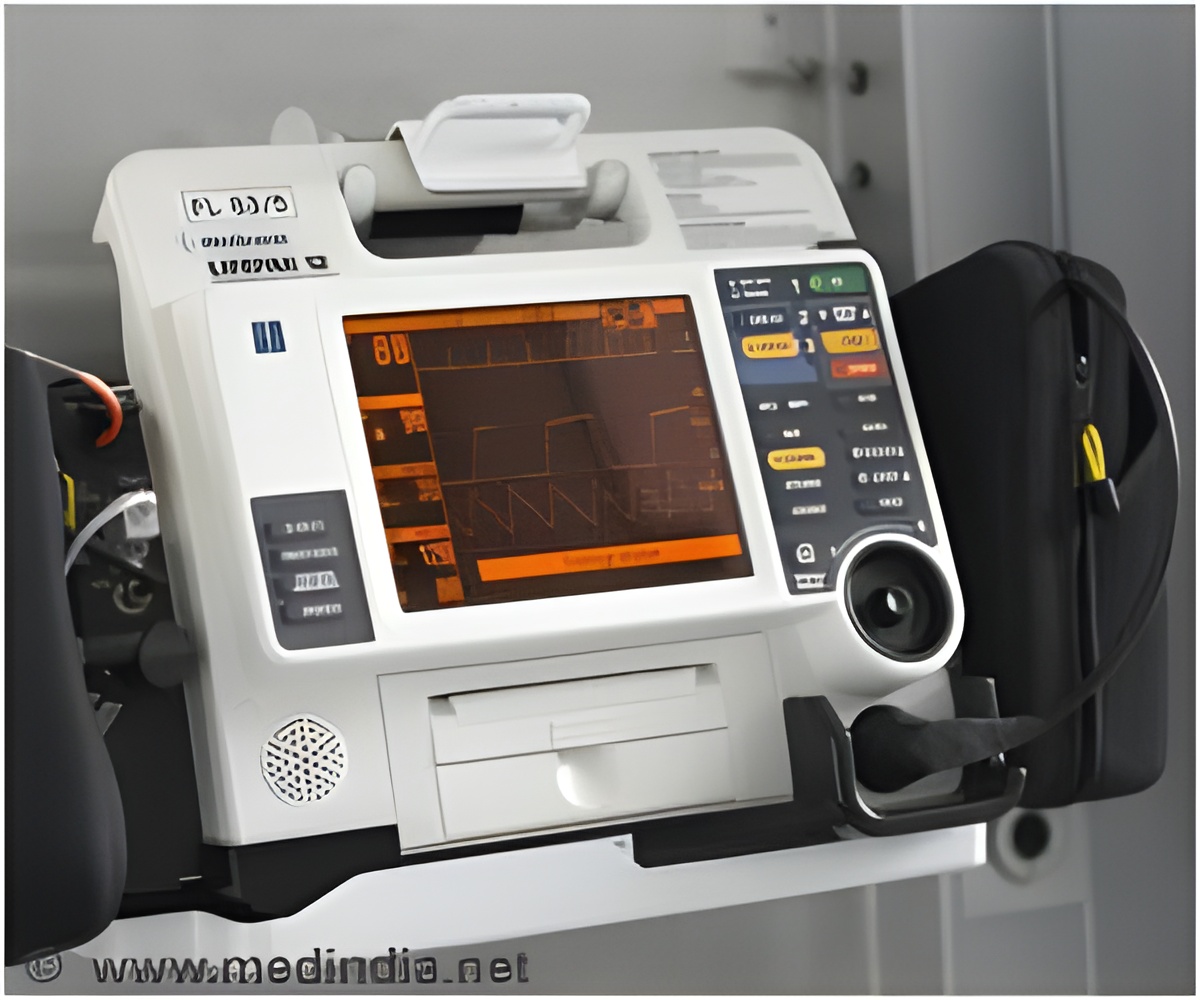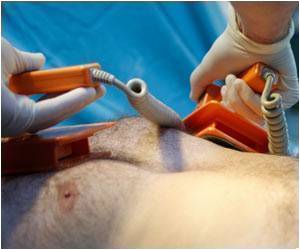
"Whether elderly patients benefit from the devices has been controversial and research on the topic is lacking," said Douglas S. Lee, M.D., Ph.D., lead author and scientist at the Institute for Clinical Evaluative Sciences and cardiologist at the Peter Munk Cardiac Centre in Toronto, Ontario, Canada. "The issue is important as the population ages and the number of elderly people living with heart disease grows." Researchers studied 5,399 patients who had ICDs implanted because of poor heart function due to a prior heart attack or heart failure, or after being resuscitated from cardiac arrest. "Older patients were just as likely to experience an appropriate electrical shock from the device to treat a life-threatening heart rhythm.
However, older patients experienced more non-cardiac and cardiovascular hospitalizations and higher associated rates of death overall," said Lee, who is also associate professor of medicine at the University of Toronto. Other study findings include:
- Among those who received an ICD with heart failure or after heart attack, 38.5 percent were 70 years or older and 7 percent were 80 years or older.
- Among those who received an ICD after surviving a cardiac arrest, 42.5 percent were 70 years or older and 10.9 percent were in their 80s.
- Older age correlated with increased risk of death after ICD implantation in both groups.
For example, among those undergoing ICD implantation for prevention of cardiac arrest, 2 in every 100 patients ages 18-49 died whereas 10 in 100 died among those 80 years and older. - Use of the devices was equally effective among younger and older patients in restoring heart rhythm after a serious life-threatening rhythm disorder occurred. Across all age groups, ICDs more often delivered appropriate electrical shocks when implanted after cardiac arrest than when used to prevent the first cardiac arrest.
Source-Eurekalert











